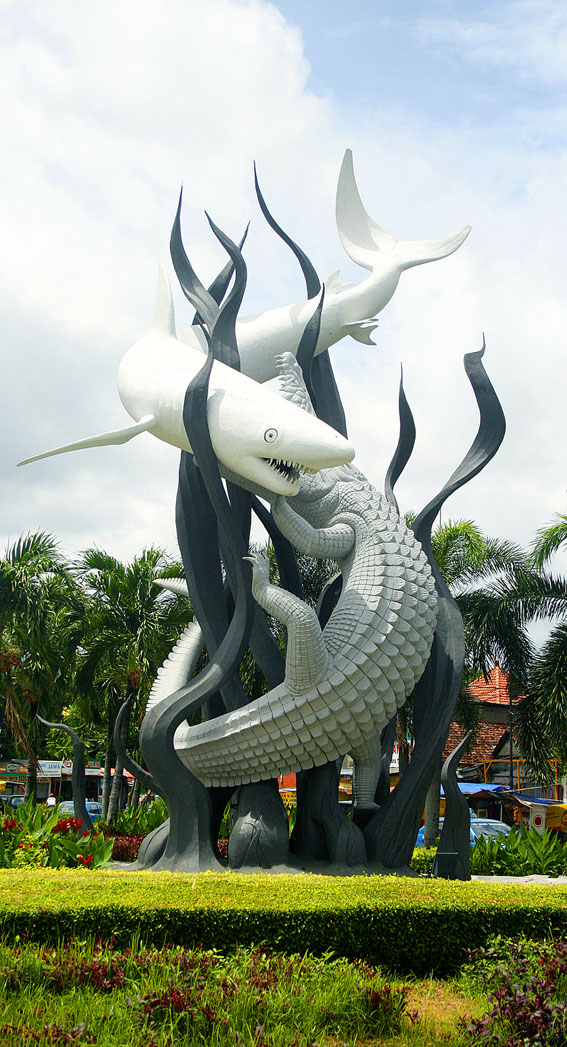By Ario Bimo Utomo
What are the things that first come to your mind when hearing about Surabaya? Is it an industrial city with fast development? Or will you think of the city as a historical site where the Indonesian tale of heroism took place? Whatever comes to your mind, those might be the images that our subconscious mind makes every time we are faced with the name of Surabaya. In the study of urban studies, this is closely related to the concept of city branding.
City branding is an essential matter in contemporary urban planning. It also finds its way to International Relations' discourse as it is related to how cities promote themselves in the increasingly interdependent world. In brief, city branding is a strategy through which cities project their intended image to the targeted audience. A robust and well-defined image will benefit the city through investments and tourism and increase living quality among the citizens.
To turn the city brand into the aforementioned living quality, there should be a profound intersection between city identity (how the city sees itself) and city brand (how the city wants to be seen). While the brand is intended to be seen by the global audience, it will remain void if it is unable to capture the very essence of city identity.
Ensuring this point's success is extremely necessary to regard citizens as the pivot in every branding strategy. The city itself is not a monolith. It is a vibrant space that combines all the social, political, economic, and cultural interactions. Capturing the essence of what becoming a citizen means is what every city government needs to think about in this era of interconnectedness. Every branding effort should be in-line with how the citizens perceive themselves, as at the and it will ensure that the city can find its uniqueness when competing with other cities of the world.
In the case of Surabaya, it is certainly interesting to see how the city branding is carried out under this new Eri Cahyadi government that will take place soon. Under Tri Rismaharini's ten-year governance, Surabaya has shown its willingness to re-depict itself as a tourism-friendly industrial city. With her Urban Planning background, Rismaharini has considerably succeeded in turning Surabaya's city identity from a dull industrial city into an internationally-acknowledged sustainable city.
However, having a well-defined city identity should not be the only end goal for Surabaya. As a city that is slowly starting to be recognized as a global city, Surabaya needs to maximize it by formulating a city brand that can become a foundation for its international activities. This brand will then become the platform for every foreign cooperation activity owned by Surabaya. The city can go even further by proposing international partnership programs that can benefit the citizens in the long run.
In CENTRIUS, we believe that city-to-city cooperation is not merely a marginal affair in International Relations but rather a complementary diplomatic process that can enhance better people-to-people engagements in this globalizing era. While we are so upbeat with the current prospect of Surabaya's city branding, it remains to be seen whether the new government can translate it into a profitable strategy that can level-up the outstanding legacy of international acknowledgments Rismaharini has paved beforehand.





0 Comments